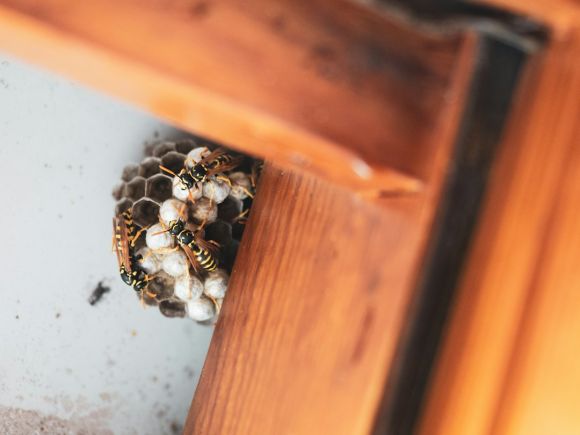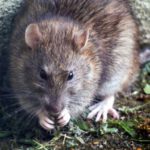Pests can be a nuisance, invading our homes and gardens and causing damage to our property. While there are numerous chemical-based pest control products available in the market, many people are turning to natural remedies to address this issue. Natural remedies not only help in controlling pests but also have the advantage of being safe for the environment and our health. In this article, we will explore some effective natural remedies for pest control.
Essential Oils: Nature’s Pest Repellent
Essential oils have gained popularity in recent years for their various benefits. Many essential oils, such as peppermint, lavender, and eucalyptus, are known for their pest-repellent properties. These oils can be used in different ways to control pests. For instance, a few drops of peppermint oil mixed with water can be sprayed around the house to repel ants and spiders. Similarly, placing lavender sachets in closets and drawers can keep moths at bay. Eucalyptus oil can be applied to the skin to repel mosquitoes and other biting insects.
Vinegar: A Multi-Purpose Pest Control Solution
Vinegar is a versatile household ingredient that can be used for various purposes, including pest control. Its strong smell acts as a deterrent for many pests. Mixing equal parts of vinegar and water and spraying it in areas where pests are commonly found can help repel them. For example, spraying this solution on countertops can prevent ants from invading your kitchen. Additionally, vinegar can be used to trap and eliminate fruit flies. Simply pour a small amount of vinegar into a jar, cover it with plastic wrap, and poke a few holes in it. The fruit flies will be attracted to the vinegar and get trapped inside the jar.
Diatomaceous Earth: The Insect Killer
Diatomaceous earth is a natural substance made from fossilized remains of tiny aquatic organisms called diatoms. It is widely used as an effective pest control remedy. Diatomaceous earth works by dehydrating the exoskeleton of insects and causing their eventual death. This powder can be sprinkled in areas where pests are present, such as cracks and crevices, to control ants, cockroaches, and other crawling insects. It is important to use food-grade diatomaceous earth, as the one meant for swimming pool filters may contain harmful chemicals.
Neem Oil: Nature’s Insecticide
Neem oil is derived from the seeds of the neem tree, native to India and other parts of Southeast Asia. It has been used for centuries as a natural insecticide and is effective against a wide range of pests. Neem oil works by disrupting the feeding and reproductive systems of insects, preventing them from causing further damage. It can be diluted with water and sprayed on plants to control pests like aphids, mites, and whiteflies. Neem oil can also be used to treat head lice and repel mosquitoes.
Conclusion: Embrace Nature’s Solutions
In the quest for pest control, it is essential to consider natural remedies that are safe for both humans and the environment. Essential oils, vinegar, diatomaceous earth, and neem oil are just a few examples of the many natural remedies available. By embracing these solutions, we can effectively control pests while minimizing the use of harmful chemicals. So the next time you encounter a pest problem, remember to turn to nature for a safe and sustainable solution.





